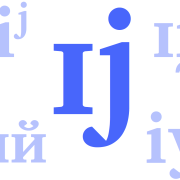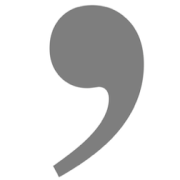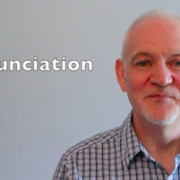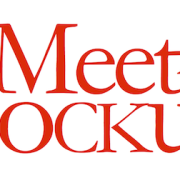Pronunciations to recognize
 A few weeks ago I discussed the verbs recommend, represent, resurrect, recollect, reminisce. In these verbs, natives pronounce the re- with the ‘open e’ sound [ɛ] of red, dress, etc, so recommend begins like wreck. Non-natives often get this wrong by giving re– the more usual pronunciation of words like reaction.
A few weeks ago I discussed the verbs recommend, represent, resurrect, recollect, reminisce. In these verbs, natives pronounce the re- with the ‘open e’ sound [ɛ] of red, dress, etc, so recommend begins like wreck. Non-natives often get this wrong by giving re– the more usual pronunciation of words like reaction.
Those verbs all have the main stress on the last syllable: recomménd, represént, resurréct, recolléct, reminísce. I’d now like to draw your attention to verbs which are similar except that they have the main stress on the first syllable.
Key examples are récognize and réconcile. Again, non-natives often get these wrong, not realizing that in native speech they begin like wreck:
There’s a fairly small number of such 3-syllable verbs beginning [rɛ́]. Half a dozen of them end in -ate: rénovate, réplicate, résonate, rémonstrate, rélegate, régulate.
To these we can add réctify and a few words which are both nouns and verbs, eg réprimand, rémedy, régister, régiment:
Further notes
In English regiment has a different final vowel depending on whether it’s a noun or a verb: the verb has mɛnt, but the noun has the little colourless vowel schwa, mənt.
Historically, all the above words except regulate, regiment and rectify contain the Latin prefix re- meaning ‘back’ or ‘again’. John Wells wrote a detailed blog post about the prefix re- in English, here.
As Alex Rotatori reminds us (in the comments below), the last syllable of reprimand has the long PALM/START vowel in Standard Southern British. In the clip above I use the TRAP vowel, the historically older form, still used in Northern England and North America, and which is an acceptable alternative standard form. Here’s the SSB version:







Geoff, doesn’t “reprimand” (still) have /ɑː/ in Standard British English pronunciation? In the recording you say [ɹ ɛ́ p ɹ ə m a n d].
Yes, SSB has /ɑː/ – see Further notes.
I thank you very much for the extremely clarifying explanations and also for the link to Prof Wells’ blog post!
Geoff, what about
recreate (= refresh), relish, relegate, reckon, recompense, reconnoiter, reprehend and reprobate?
Cheers
Petr
Hello Petr. This post is about 3-syllable [rɛ]-verbs with the main stress on the initial syllable. I did mention relegate. Relish and reckon have only two syllables (and I think are less likely to be mispronounced by non-natives). Reconnoiter has four syllables; I may do another post on longer words. Reprehend has the main stress on the last syllable and so was dealt with in the ‘Further notes’ to my previous post.
I didn’t claim to be giving a complete list of the forms which are both nouns and verbs. Recompense and reprobate are rare as verbs, the latter extremely so. (The online Oxford Learner’s dictionary doesn’t give reprobate as a verb at all, while Oxford Dictionaries online describes the verb reprobate as ‘archaic’.)
That leaves the verb [rɛ]create. With the meaning ‘to refresh’, this is so rare in BrE that I can’t remember ever having heard it. Several dictionaries don’t list it, while Collins calls it ‘rare’. With the meaning ‘to enjoy [rɛ]creation’, I think it’s basically an AmE form. The wonderful site youpronounce.it gives instances of recreate in videos; I’ve so far listened to about half the 156 clips, among which a few, all AmE, have [rɛ]create in the second sense. So it does exist, at least in AmE.
Hello Geoff, your comment on my comment renders mine fairly redundant and superfluous and unnecessary. So I shall remain silent.
So do I.
(Being aware of my redundant and superfluous comments on other people’s comments).
Thanks for having me.